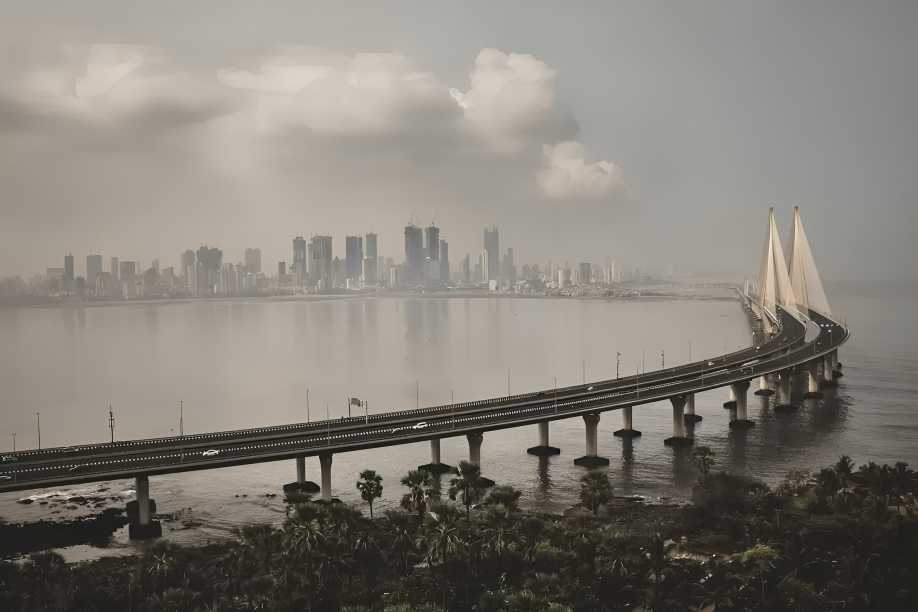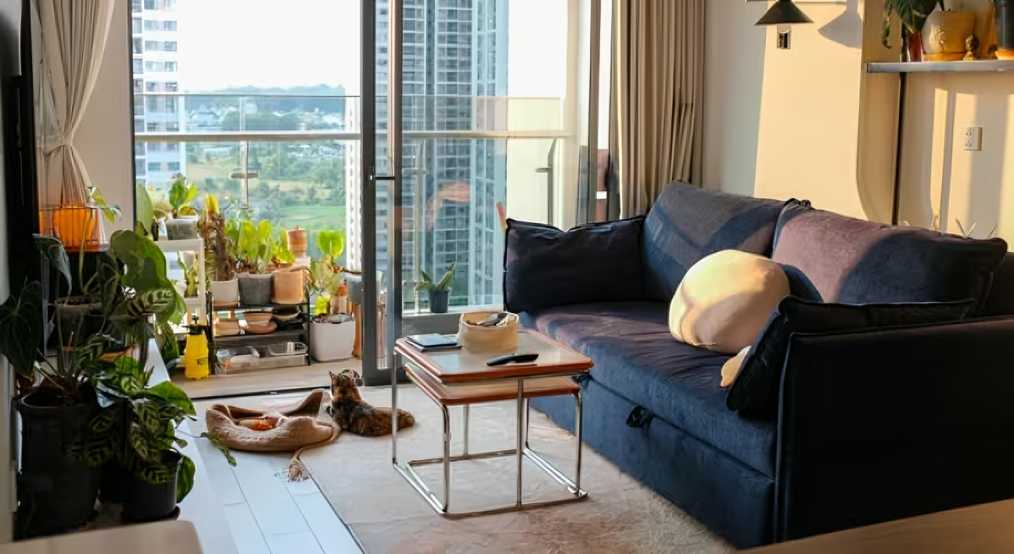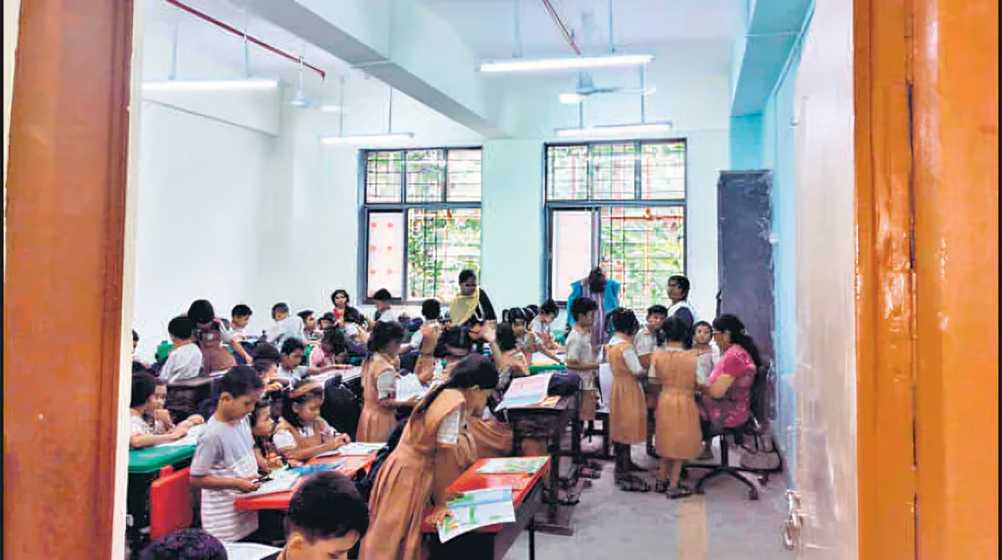August 29, 2025: Mumbai’s urban development authorities are facing mounting pressure as delays threaten the timely execution of centrally funded projects under AMRUT 2.0, the Atal Mission for Rejuvenation and Urban Transformation. Launched in 2021, the mission has earmarked Rs 90 billion for Maharashtra to upgrade civic infrastructure, focusing on water supply, sanitation, green spaces, and lake rejuvenation.
During a recent high-level review, senior state officials expressed concern over sluggish implementation across municipalities, noting that the pace remains inadequate. They emphasised that full utilisation of central funds is essential not only to meet the March 2026 deadline but also to enhance urban services for millions of residents. Officials clarified that administrative inertia, rather than political leadership, is largely responsible for delays and urged departments to act with urgency.
AMRUT 2.0 is considered more than just a funding programme; it serves as a platform to address long-standing infrastructure gaps in rapidly growing cities. Experts note that uninterrupted water supply, modern sanitation, and well-planned public green spaces are critical for building resilient, equitable, and environmentally sustainable urban centres. For Mumbai, accelerating these works could relieve pressures from rapid urbanisation while reducing the ecological footprint of unplanned development.
Green mobility advocates also highlight that robust civic infrastructure supports sustainable transport goals. Reviving lakes and developing parks improves air quality and pedestrian safety, while upgraded sanitation and drainage systems help mitigate health risks and prevent transport disruptions during monsoons.
The review further addressed women’s development and health infrastructure schemes, urging faster approvals to avoid cascading delays. Analysts stress that AMRUT 2.0 is not just a compliance exercise but a strategic investment in urban resilience. Meeting the mission’s objectives could position Mumbai and other Maharashtra cities as models of green, inclusive, and future-ready urban development.
Source: Construction World





